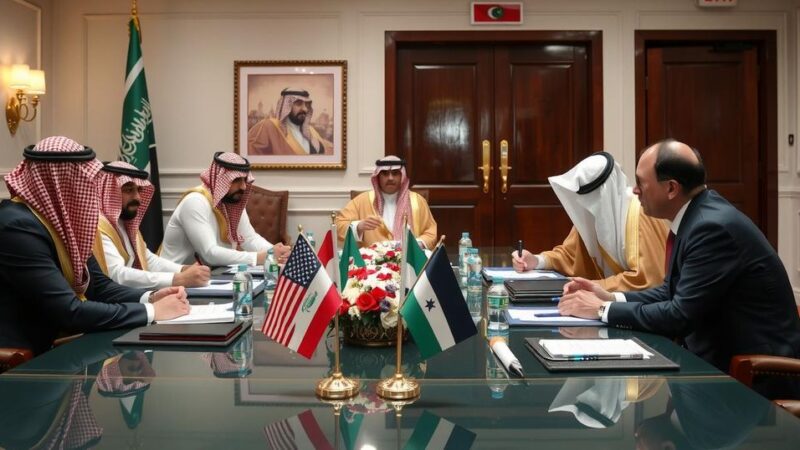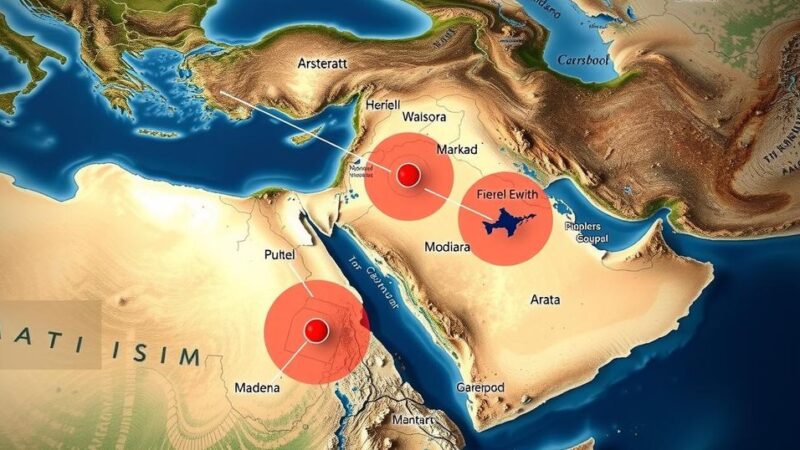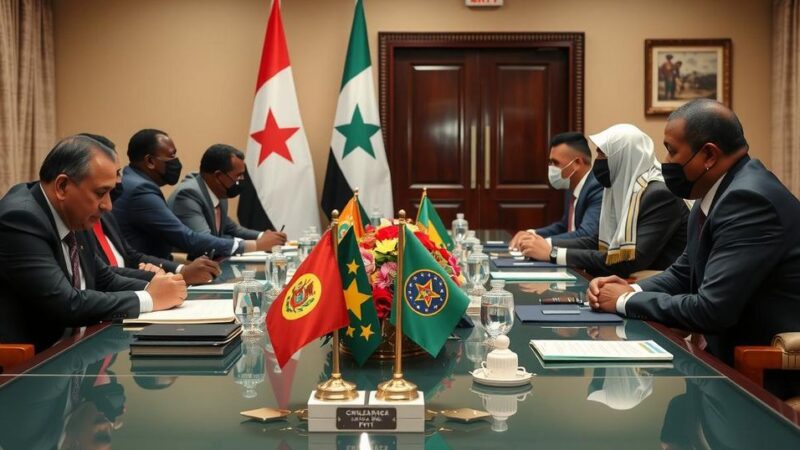The recent downfall of Bashar al-Assad’s regime in Syria has prompted Russia to intensify its military presence in Libya, raising concerns about worsening the ongoing conflict within the country. Moscow’s efforts to establish a stronghold in Libya following the loss of its logistical hub in Syria may significantly destabilize the already fractured political landscape in Libya while questioning Russia’s capacity to manage its broader military commitments in Africa.
The fall of Bashar al-Assad’s regime in Syria has prompted significant strategic repercussions for Russia and its military engagements in Libya. Subsequent to the collapse of the Assad dynasty, Moscow’s efforts to establish a military foothold in Libya have intensified as it seeks to compensate for the loss of its logistical hub in Syria. The transfer of military resources to Libya, intended to bolster Russian influence, threatens to exacerbate the ongoing conflict in the country, particularly given Russia’s prior support for General Khalifa Haftar against the UN-backed government in Tripoli. The situation is further complicated by objections from Libyan Prime Minister Abdul Hamid Dabaiba, who cautioned that foreign military reinforcements risk transforming Libya into a battleground for great power rivalries, contravening peace agreements mandating foreign military withdrawal. Additionally, the instability in Syria raises questions about Russia’s capacity to support its operations in Africa effectively and underscores the uncertainty of its future engagements across the continent.
The situation surrounding the Assad regime’s collapse in Syria represents a significant geopolitical shift, particularly for Russia, which has heavily invested in maintaining its military presence in the region. Russia’s naval and air bases in Syria have historically served as critical logistical centers for its operations across Africa, notably in Libya and neighboring countries. As the Assad regime fell, the Kremlin faced a dual challenge of securing its assets in Syria while re-evaluating its strategy in Libya, a country already beleaguered by civil conflict and foreign intervention. The transition of power in Syria also casts doubt on Moscow’s ability to nurture relationships with potential new governance structures in the country, suggesting a period of increased instability in Russian foreign policy priorities.
In summary, the recent fall of Syria’s Assad regime poses considerable challenges for Russia, particularly regarding its military strategies in Libya. As Moscow reallocates its military resources to reinforce its footprint in Libya amidst the geopolitical turbulence, the risks of further entrenching itself in Libya’s conflict increase. This development highlights the potential for exacerbating regional instabilities while raising concerns over Russia’s capacity to manage its commitments across Africa effectively. The ramifications for Libya are particularly dire, suggesting that the shift in Russian focus may have long-term implications for the country’s ongoing strife.
Original Source: issafrica.org




